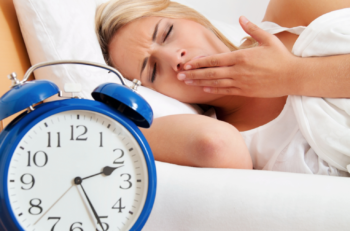What symptoms can you have if you have a sleep disorder?
Excessive daytime sleepiness
Morning headaches
Constant snoring
Dry mouth in morning
Waking up at night with choking sensations
Pauses noted by partner in breathing while asleep
Decreased work concentration and performance/productivity
Memory problems both short and long term
Feeling tired all the time
Insufficient night sleep
Nightmares or Night Terrors
Cramping/Restless feeling in legs
Sleep walking/Sleep talking/Sleep eating
Violent behavior during sleep, like hitting, thrashing etc.
Drowsy while driving
ADHD

What are the risks of leaving a sleep disorder untreated?
Sleep Disorders have been linked to many chronic diseases including diabetes, cardiovascular disease, strokes, obesity and depression.
Diabetes Research has found that insufficient sleep is linked to an increased risk for the development of Type 2 diabetes. Sleep duration and quality of sleep have emerged as predictors of levels of Hemoglobin A1c, an important marker of blood sugar control. Recent research also suggests that optimizing sleep duration and sleep quality may be important methods of improving blood sugar control in persons with Type 2 diabetes.
Persons with sleep apnea have been found to be at increased risk for a number of cardiovascular diseases like hypertension, stroke, coronary heart disease and irregular heartbeats. Cardiac arrhythmias have been found to be more common among those with disordered sleep than their peers who sleep normally.
Additionally, sleep apnea and hardening of the arteries (atherosclerosis) appear to share some common physiological characteristics, further suggesting that sleep apnea may be an important predictor of cardiovascular disease. Strokes appear to have similar mechanisms as above and are generally linked to sleep apnea.
Laboratory research has found that short sleep duration results in metabolic changes that may be linked to obesity. Epidemiologic studies conducted in the community have also revealed an association between short sleep duration and excess body weight.
Studies have also indicated that depressive symptoms in teens may decrease once sleep apnea has been effectively treated and sufficient sleep cycles are restored. The interrelatedness of sleep and depression suggests that irregular sleep is a driver for this disease. If you have any of the above symptoms you need to contact us today. Please call us at (913) 203-4040 during normal work hours or use the short contact form below.
